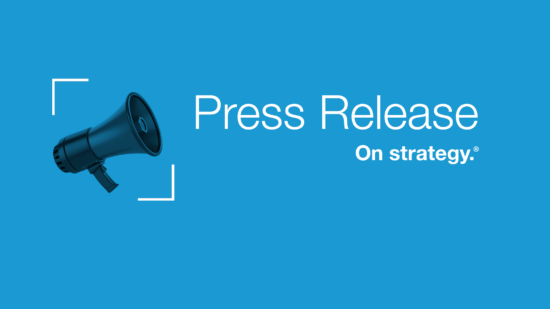
Advisors can guide clients to start the tradition of an ethical will that will help future generations of their family know the values that guided their lives.
Most of us had the opportunity to know our grandparents. But did we really “know” them or did we just know their names? And what do we know about the generations that came before them? If we were fortunate, we may have known them and had a sense of who they were as people and if we were very fortunate, we may have heard their stories from them or other family members which gave us some insight into who they were, what they believed and what they learned from their lives.
Today we want to learn everything we can about our ancestors and the lives they lived. Many of us are searching for our roots. Fortunately, we have more access to that information than we’ve ever had. Genealogy websites like Ancestry.com and FamilySearch.org can provide us with facts about our ancestors, dates of birth, marriage dates, names of their children, census data, and death dates. Genetic tests from 23andMe.com and Ancestry.com examine our DNA and give us a report on our ancestry, the peculiarities of our genetics, and in some cases, even identify living relatives we never knew we had.
Yet, that information isn’t as personal or as valuable as the stories we hear directly from our family’s elders. Sure, we may know where they lived, their names, and how they fit into the family, but unless detailed family history and specific stories are shared between generations, there’s no way to know what our ancestors believed, what they valued or what events shaped their lives. Most of us don’t have the answers to questions like: What happened when our family came to America? Why did my great-great grandparents move from New York to Ohio? Why did my great-great grandfather take the life path that he took? Why did my grandmother make the career decisions she made? But don’t you wish you did?
What is an Ethical Will?
As an advisor who works with multiple generations of your clients’ families, you are in the position to help your clients start a tradition that guarantees future generations of their family will know them, the life decisions they made, and the values that guided their lives. That tradition is called an Ethical Will.
Unlike a legal will that distributes an individual’s property at death, an ethical will has nothing to do with the transfer of property, and it has no standing in the courts. Instead, it is the product of an ancient tradition in which an individual shares their life story, personal values, beliefs, blessings, and advice with future generations. According to Dr. Barry K. Baines, the author of Ethical Wills, “legal wills bequeath valuables, ethical wills bequeath values.”
Ask your clients what their values are and they might respond with a blank stare. Why they made the choices they made, why they took the path they took, what have they learned along the way, and what they would like future generations to know about them are questions they are rarely asked. But imagine the gift you will be giving your clients and their families if you show them how to share that information with future generations.
Using an Ethical Will
There’s no doubt that an ethical will is wonderful for a family to have, but it’s also a great tool for you. As a financial advisor, your job is to build relationships with your clients. The nature of your work requires that you take clients through an intensive discovery and financial planning process that requires you to help them identify their life goals, the resources they can earmark for those goals, and the timing of those goals. When you think about it, while this information is personal, often it lacks emotion.
You know your clients’ finances intimately, but do you really know everything about them? Do you know anything about their parents? Do you know the story of their lives? Do you know what their values are? Do you know what they would like future generations of their family to know about them? If you are like most advisors, you would answer those questions with a “no.”
Creating an Ethical Will
An ethical will is a written document, which unlike cassettes, VHS tapes, or Beta tapes, written documents will endure. Beginning the process is simple. The only things the person creating the ethical will need is some paper, a pen, and some direction from you on where to begin.
For example, you may suggest that they divide their ethical will into three parts:
- Lessons from the past
- Lessons from the present
- Thoughts for the future
Or, if that is too broad, you can give your clients a list of specific questions they can answer, such as:
- What was your childhood like?
- What did you learn from your parents?
- What did you learn from school?
- Why did you make the career choices you made?
- What are the three most life-changing events you’ve experienced?
- What do you believe in? What are your most important values?
- What do you want most for your children?
- What is your philosophy of money?
- What gives you joy?
- What would you like future generations of your family to know about you?
Answering these questions will allow your clients to speak from the heart, talk about things that may be too emotional to say face-to-face, motivate them to communicate family stories, give them an opportunity to explain controversial decisions, and provide them with a forum to speak to future generations of the family.
Even if you are not a financial advisor who works with multi-generational clients of a family, you may want to consider making an ethical will a part of every client’s planning. It is sure to be a tradition and legacy that will endure.
Discover more about:
More Insights

How We Invest: Active by Nature. Disciplined by Design.

Thornburg Income Builder Opportunities Trust Announces Distribution

Investment Perspectives from the Road: The UAE

Investor Update: A Potential Reprieve for the Municipal Bond Tax Exemption

Thornburg Investment Income Builder Fund – 2nd Quarter Update 2025
